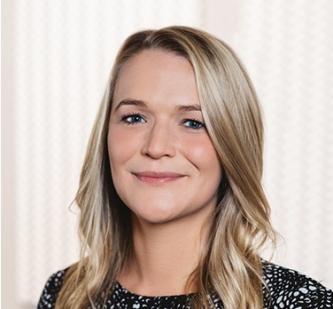
Supporting the Next Generation of Place Directors

One of the biggest shifts many professionals face in local government is moving from being a subject matter expert to stepping into a senior leadership role with responsibility for a whole portfolio of services. It’s a step that requires a different mindset, moving from technical depth to strategic breadth, and from “doing” to leading, influencing and shaping.
This summer, Tile Hill worked with participants on the Association of Directors of Environment, Economy, Planning & Transport ADEPT Leadership Development Programme. ADEPT is the voice of Place Directors and their teams, members manage vital local services, from highways, waste, recycling and planning, while also preparing for the challenges and opportunities of the future.
The programme is designed to support aspiring Directors of Place as they transition from specialist expertise to strategic leadership across broader portfolios. The programme provides the critical space for reflection and skill development needed to move beyond technical competencies, to the collaborative, strategic thinking required for senior place leadership roles.
As part of the programme, Tile Hill ran mock interviews. These gave participants the chance to experience the structure of a Director or Assistant Director interview and to receive detailed feedback on their performance. What struck us most was the diversity of the group, we spoke to planners, frontline service leads, sustainability specialists and economic development experts. Each was technically strong in their own right, but all were exploring how to present themselves as leaders of place, not just leaders of profession.
A few themes stood out for us:
- Breadth matters. At senior level, it’s not enough to demonstrate depth in one area. The strongest candidates showcased examples that spanned different services, partnerships and challenges. Where experience was narrower, those who thought about how they’d approach new responsibilities came across as adaptable and credible.
- Be clear. The most impactful answers were structured: setting the context, outlining their actions and finishing with clear outcomes. It’s amazing how much difference this makes in showing you can think and communicate at a strategic level.
- Sell yourself! An interview is not the time to be modest. The best answers highlighted achievements with pride, demonstrating resilience, adaptability and influence. Use examples that have a positive outcome and demonstrate your ability to deal with pressure and a changing environment and influence and negotiate at a senior level.
- Less technical detail more leadership. Technical detail has its place, but senior interviews are about people leadership, cross-organisational working, political awareness and the ability to drive change.
- Use the support available. Recruiters can provide valuable insight into what a client is really looking for, far beyond what’s written in a job description. Building those relationships makes a difference.
- And finally – practise. It sounds simple, but rehearsal is vital. One participant summed it up perfectly: “I found the mock interview process a valuable exercise to help identify areas for improvement when it comes to the real thing. The two interviewers were friendly and ensured the process wasn't intimidating.”
For us, the experience reinforced just how big, and exciting, the step from technical expert to strategic leader can be. It’s not about leaving your specialist knowledge behind, but about using it as a foundation to lead more widely, influence more deeply, and shape better outcomes for people and places.
If you would like to have a confidential conversation regarding your next career step, please get in touch.
Similar blogs
Sign up to newsletter
By submitting your details you agree to our T&Cs





